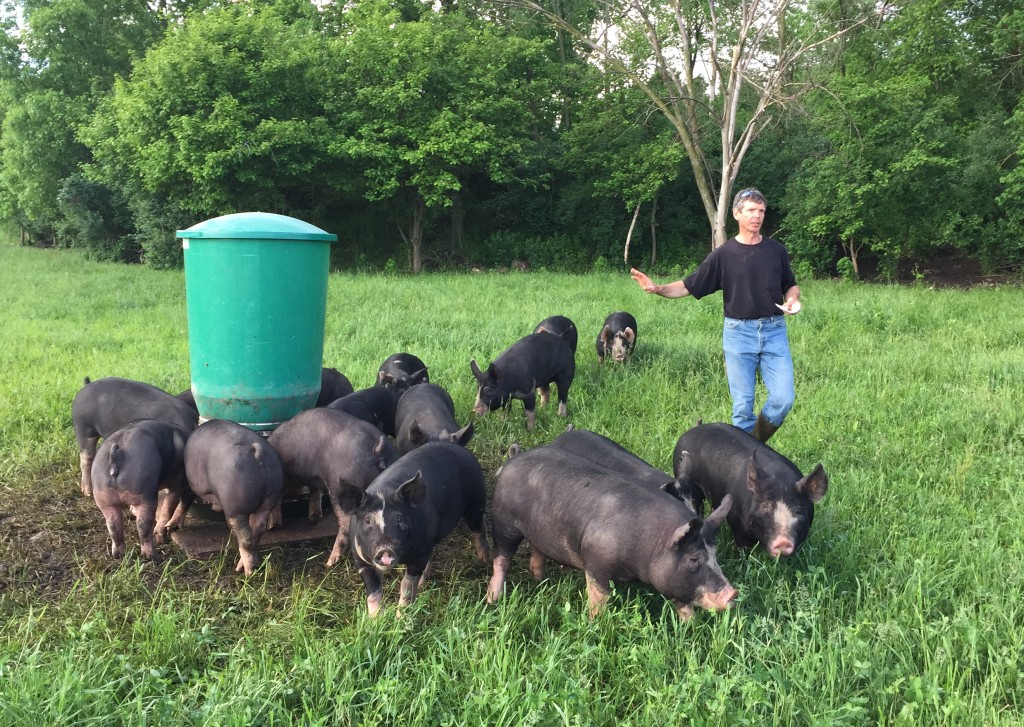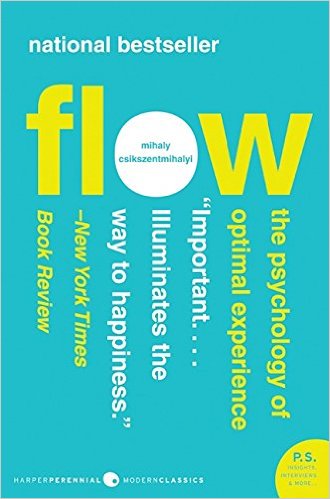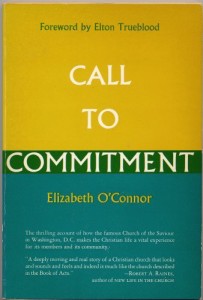It’s relatively easy to create a vision for something new at the 30,000-foot level. Working out some of the practical details is a whole different matter.
For that reason, I want to follow up on my piece in mid-August – Food and the Whole Faith Church – with some thoughts about how a whole faith church would actually implement one of the essential characteristics of a whole faith church presented in that post:
A defining feature of a whole faith church will be that this community of believers will be fully committed to demonstrating the proper and attentive relationship between humanity and Creation in its common meals, including communion.
This means that the food of the whole faith church will come as much as is practically possible from farms where the land, water, and animals of God’s earth are stewarded in ways that God would find fitting of a good, loving shepherd and from farm enterprises which support a good quality of life for the farmers and their communities.
Here are 10 principles I would offer as a starting point.
1. Form a Food and Faith Committee: Because of the complexity of the world of food and farming, the church will need dedicated and concentrated attention to continually learn about the topic, tackle difficult dimensions of application, and help the church’s approach to food evolve and mature over time. The committee should, ideally, be made up of 10 people or less for effectiveness and cohesiveness. These people should be widely recognized as thoughtful, compassionate, and yet practical people. Ideally, there would be at least one person on the committee who had farming experience or who has easy access to farmers of all kinds. The committee should visit farms on a regular basis. It should also regularly share what it has learned with the congregation.
2. The holier and more communally important the meal, the more attention should be given to how the food was farmed and made: The first order of priority would be to delve deep into the sourcing of wine (or grape juice) as well as the bread for holy communion. Following shortly after would be attention to other church-wide communal meals that the church enjoys together and that the church is the lead organizer and purchaser of. Eventually, attention would move down to smaller group meals the church organized.
3. Guidelines and plans for the food the whole faith church will choose and provide will be made a year at a time (at least): Based on a recommendation from the Food and Faith Committee, the whole church should agree to the practical details to be implemented for a particular year period (or more) before that period begins. In other words, the guidelines and plans for how food matters will be managed will be set for decently long period of time. Stability and predictability help people adjust to new habits.
4. The reasons why the church is being careful and deliberate in its food choices should be frequently explained and remembered: This could come in the form of sermons, special events, and sometimes simply a few words spoken during a service.
5. Whether meat is served and from what kind of farm-to-slaughter-to-market supply chain any meat that is served came from should receive particularly close attention: The raising of animals is an area where the worship of mammon and efficiency have overwhelmed kind and thoughtful shepherding ethics in particularly awful ways. Meat that has come from animals that have been systematically treated in ways that are cruel and don’t allow the animals to exhibit their natural behaviors should simply not be served. But there are varying degrees of humane and Creation-friendly livestock raising practices to be looked into. Tasty vegetarian options should always be provided to accommodate people whose compassion for animals is so great that any taking of animal life is an ethical problem for them.
6. On a regular basis, the church should share information about the farmers and their practices of farming for foods the church has committed to using: It would be ideal to bring farmers, especially Christian farmers, to the church (or the church to the farmers) as part of this effort.
7. The primary filter for choosing food sources for food the church will eat together will be the fruits of the spirit listed in Galatians 5:22-23: A whole faith church will ask of food it is considering eating to what degree the farming methods reflect love, joy, peace, forbearance, kindness, goodness, faithfulness, gentleness and self-control applied to God’s soil, water, animals, wildlife, and local, rural communities. Yet, the whole faith church will also recognize the practicalities and struggles of applying God’s values in any sphere of life in this fallen world.
8. The whole faith church will make a special effort to treat all farmers with respect in words and deeds and to offer tangible help to local farmers who want to farm with the fruits of the spirit: How would you feel if your local church scrutinized the ethics and morality of every decision you made in your job as a teacher or accountant or salesperson or IT consultant? Not very comfortable. Probably defensive. That’s how many farmers feel who have been working within the conventional food system for decades and whose family’s livelihood and culture are based on that system. The whole faith church needs to be loving and respectful to all farmers even as the whole faith church seeks to live out Christian values as they relate to farming and food in truth and love. The whole faith church should also seek out ways to help any farmer who desires to move in a significant way toward farming with stewardship and affection for God’s earth as a prominent goal.
9. Within the general principles laid about above, each local whole faith church will naturally have some latitude and freedom: Perfection will not be possible, and the intention is not to create food Puritans.
10. The whole faith church will frequently celebrate food as a provision of God, God’s beautiful earth, and God’s creative, gifted people: The efforts the whole faith church invests in making the common food of the church more in keeping with the values of God should be complemented by warm and lively celebration of the blessing of food in prayer, music, storytelling, and other creative ways.
If I’ve learned anything in my life it’s that planning is important but being able to adjust one’s plans and ideas when they make contact with reality is just as critical. I hope you find these ten points thought-provoking and helpful. I’d welcome your comments and feedback.







